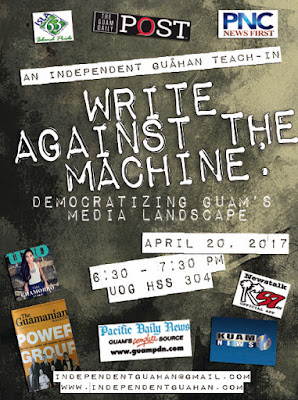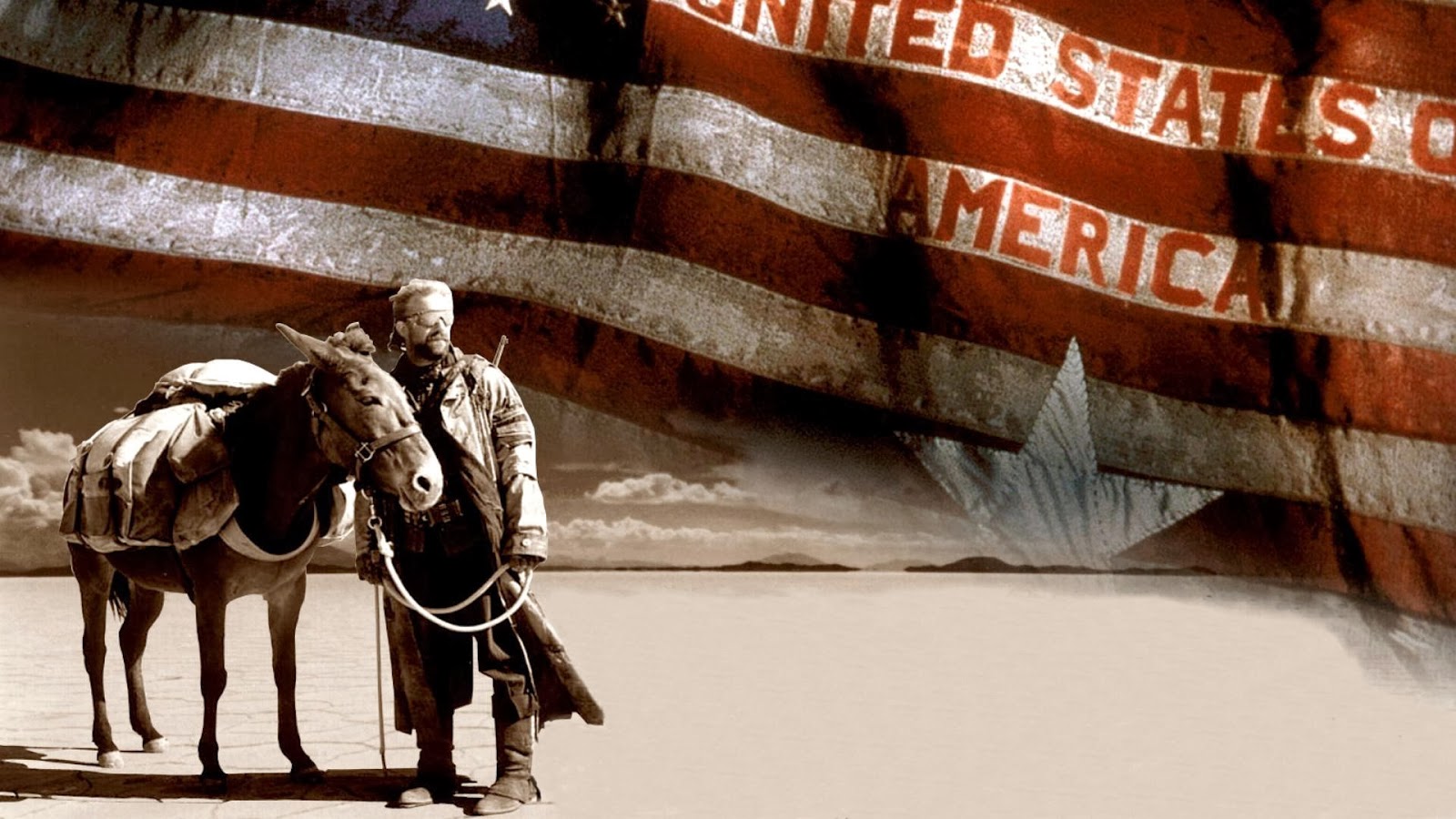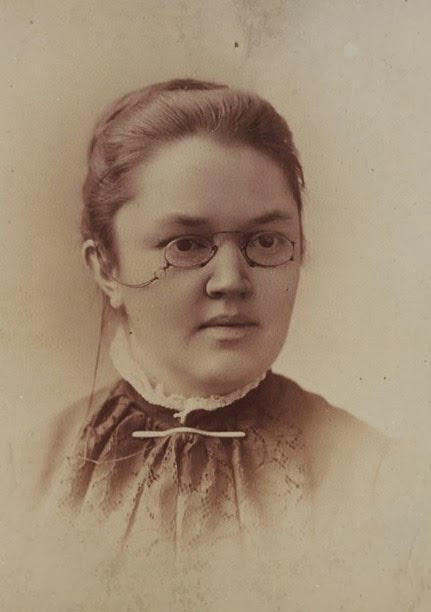Fanhokkayan #4: Minagahet Mission

The other day Independent Guåhan's held it's April teach-in at UOG, this time with a focus on "democratizing the media." The discussion focused on Guam's media landscape and ways that community members can create alternative means of educating or informing people on island about pertinent issues. For years I ran a number of different forms of alternative media, such as blogs, websites, podcasts and even a zine called Minagahet. From 2003-2010 I, and sometimes others ed ited a zine which focused on Chamorro issues from a critical and largely progressive perspective. You can still find it online, although the last issue was released during the DEIS comment period in early 2010. The name Minagahet which means "truth" came from a comment that a friend of mine had written on a message board many many years ago. It was an exchange with some Chamorros who felt that decolonization was stupid and impossible. My friend had written a long response see








